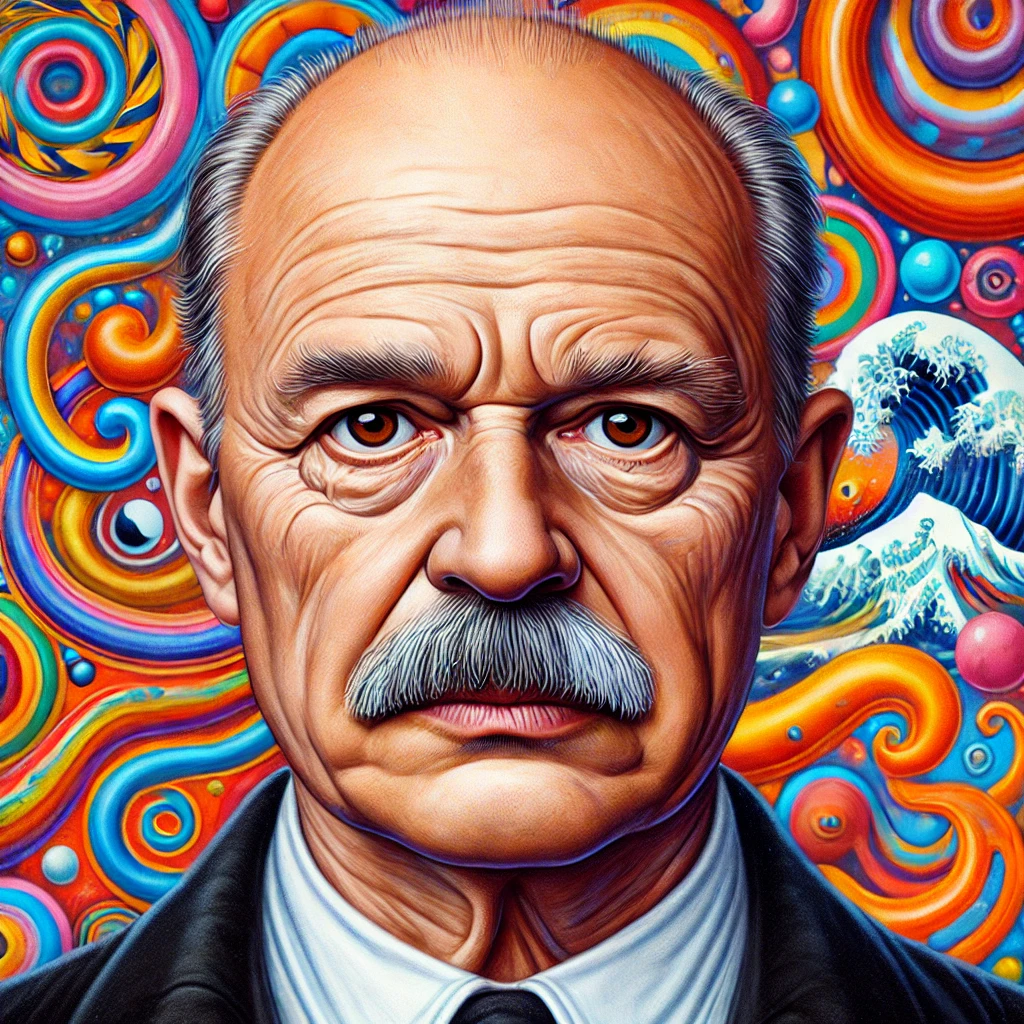Phenomenology

Place of Origin: Europe (modern-day Germany and Austria)
Century of Origin: 20th Century CE
Associated Philosophers:
Overview of Phenomenology
Phenomenology is a philosophical approach that studies human experience as it is lived from the first-person perspective. Rather than focusing on abstract theories or external reality, phenomenology is concerned with describing how things appear to consciousness. This means it explores how people experience objects, events, and emotions in their daily lives. For example, phenomenology might examine the experience of listening to music, focusing on how the music feels, sounds, and affects the listener emotionally. It was founded by Edmund Husserl in the early 20th century and later developed by philosophers like Martin Heidegger, Maurice Merleau-Ponty, and Jean-Paul Sartre.
In phenomenology, metaphysical questions about the nature of reality are set aside to focus on how things present themselves to human consciousness. Instead of asking, 'What is the world made of?' phenomenology asks, 'How do we experience the world?' The assumption is that our understanding of reality is shaped by how we perceive it.
Phenomenology’s approach to knowledge is based on direct, first-person experience. It argues that we understand the world by experiencing it through our senses, thoughts, and emotions. For instance, instead of analyzing why we feel joy when watching a sunset, phenomenology would focus on describing the experience of joy as it happens.
In phenomenology, ethics emerges from understanding the lived experience of others. By focusing on how people experience the world, phenomenologists emphasize the importance of empathy and recognizing the subjectivity of others' experiences. This can lead to an ethical framework based on respecting individual perspectives and understanding others without judgment.
Phenomenology's logic centers on intentionality, which means that consciousness is always directed toward something—whether it’s an object, thought, or feeling. For instance, when you think about a tree, your consciousness is directed toward the tree; you are aware of the tree. This allows phenomenologists to explore how we give meaning to the world through our experiences.
Phenomenology has had a significant impact on aesthetics, particularly in understanding how we experience art, beauty, and creativity. Rather than defining what art is, phenomenology examines how people experience art emotionally, intellectually, and sensorially. For example, listening to a symphony might evoke feelings of awe or nostalgia.
The methodology of phenomenology is based on describing experience as it is lived rather than explaining it through theories or scientific analysis. Edmund Husserl’s method of epoché involves setting aside preconceptions and judgments to examine phenomena as they appear. Phenomenologists use this method to explore how objects, emotions, and events are experienced by individuals.
Phenomenology sees humans as beings who actively shape their understanding of the world through their experiences. Humans are not just passive receivers of information but engage with the world through perception, emotion, and thought. This means that each person’s view of reality is shaped by their own lived experiences.
Although phenomenology does not have a formal political philosophy, it has influenced political thought by emphasizing subjectivity and lived experience. Political phenomenologists might focus on how individuals experience power, oppression, or freedom, offering insights into social justice, human rights, and autonomy.
Phenomenology was founded by Edmund Husserl in the early 20th century as a reaction against the scientific and objective methods of analyzing human consciousness. His student, Martin Heidegger, expanded phenomenology by exploring the concept of being and how humans relate to time and existence.
Key themes in phenomenology include intentionality, consciousness, lived experience, and the relationship between subject and object. It emphasizes how individuals perceive the world around them and how these perceptions shape their understanding of reality.
Notable figures in phenomenology include Edmund Husserl, who founded the movement; Martin Heidegger, who expanded it to include questions of existence and being; and Jean-Paul Sartre, who integrated phenomenology with existentialism.





